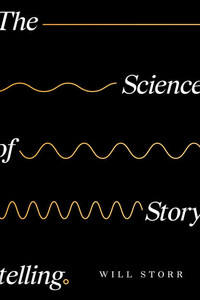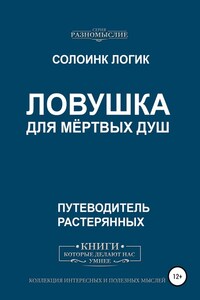The Science of Storytelling

Humans have been telling stories ever since we came down from the trees.But do we really understand why?And if we did, would we be able to tell them better?We would be nothing without story. Story moulds who we are, from our character to our cultural identity. Story compels us to act out our dreams and ambitions, and shapes our politics and beliefs. We use story to construct our relationships, to keep order in our law courts and governments, to make sense of the world in our newspapers and social media. Even when we sleep, we dream in story. Storytelling is an essential part of what makes us human.There have been many attempts to understand what makes a good story – from Joseph Campbell’s well-worn theories about myth and archetype to recent attempts to crack the ‘Bestseller Code’. But few have used a scientific approach. This is curious, for if we are to truly understand the machinations of storytelling, we must first come to understand the ultimate storyteller – the human brain.In this original and surprising book, Will Storr takes a scalpel to story. Leading us on a journey from the Hebrew scriptures to Mr Men, from Booker prize-winning literature to box set TV, he demonstrates how master storytellers manipulate and compel us using a dazzling display of psychological research and cutting-edge neuroscience. With the help of world leading story-analysts and brain experts, he shows how we can use this science to tell better stories – and reveals the benefits this can have on everything from our creative endeavours and careers to our happiness and wellbeing.








